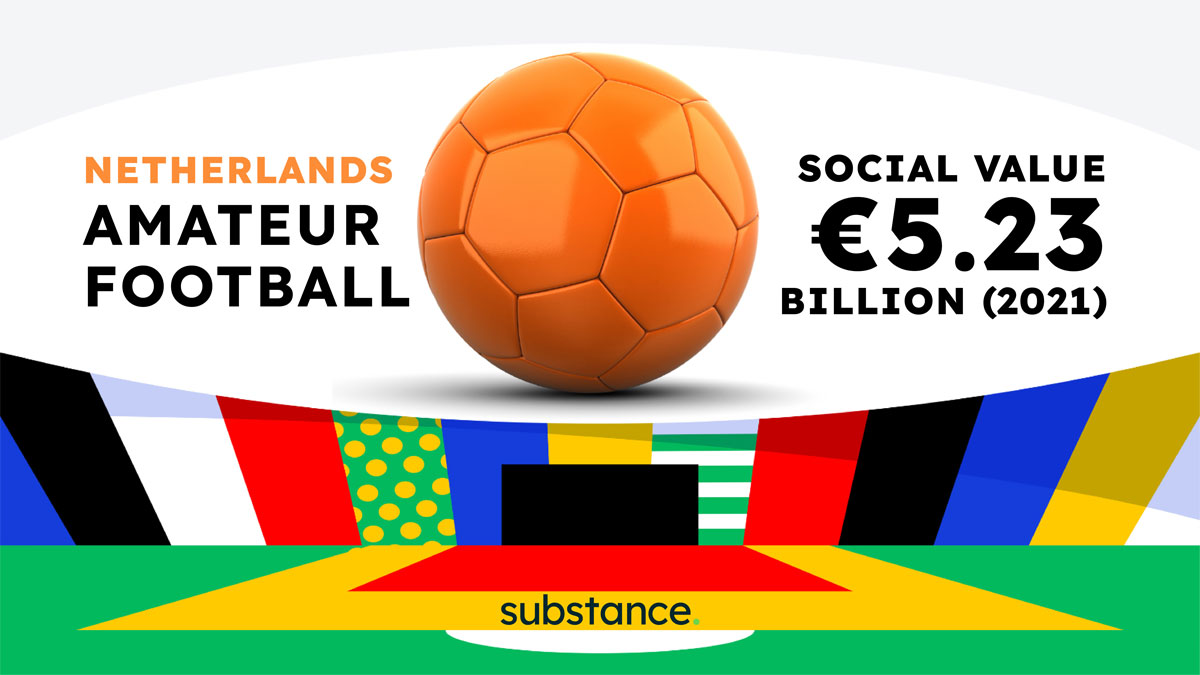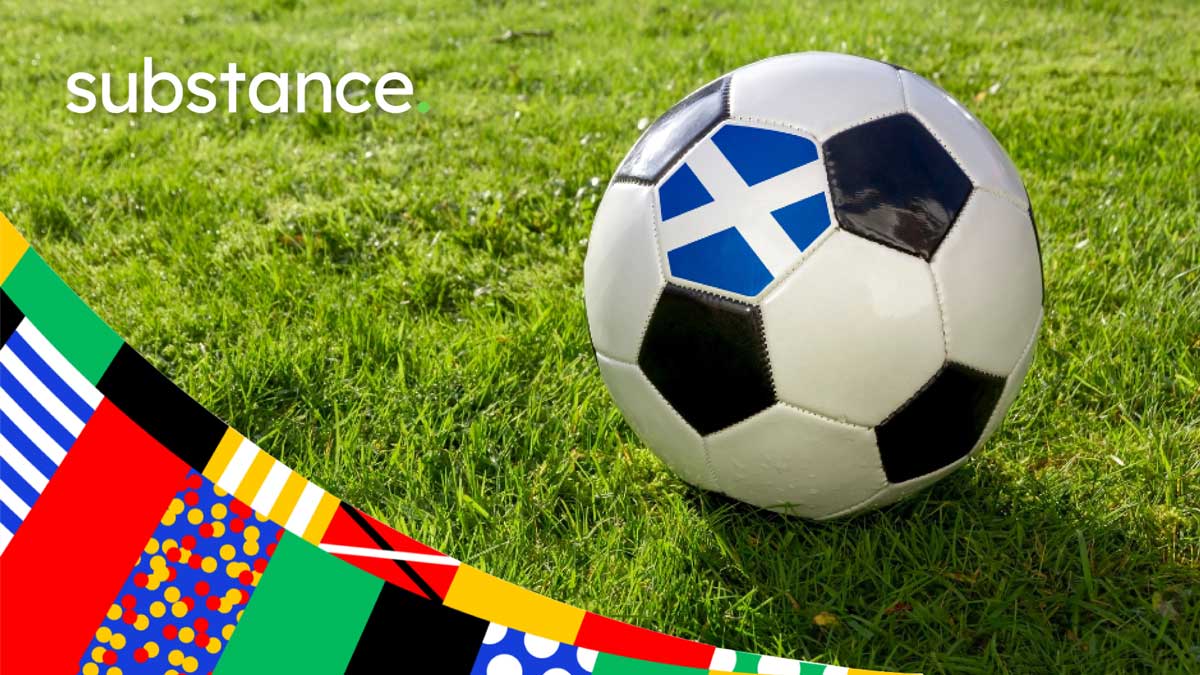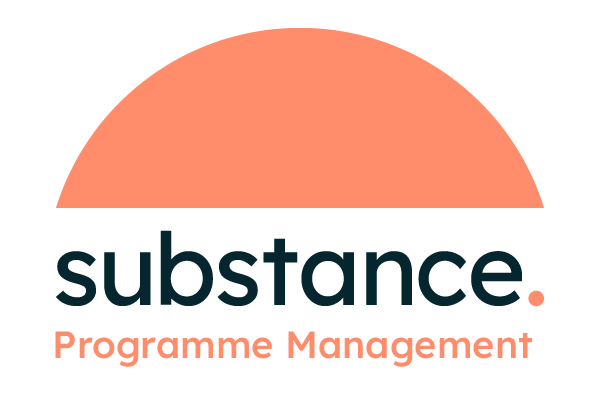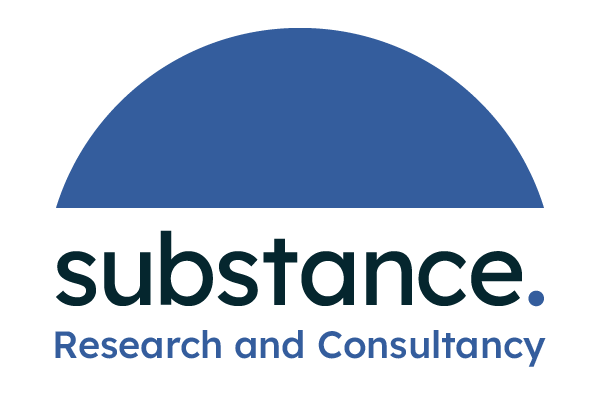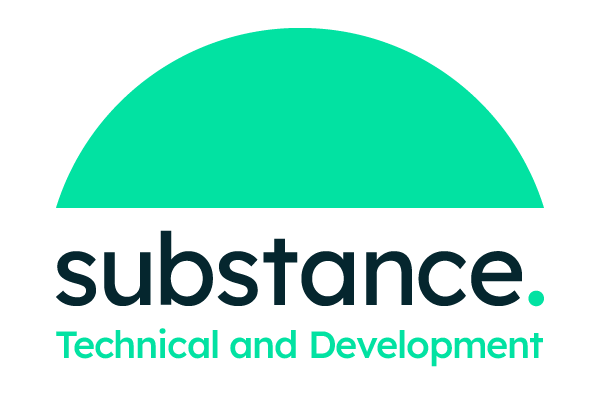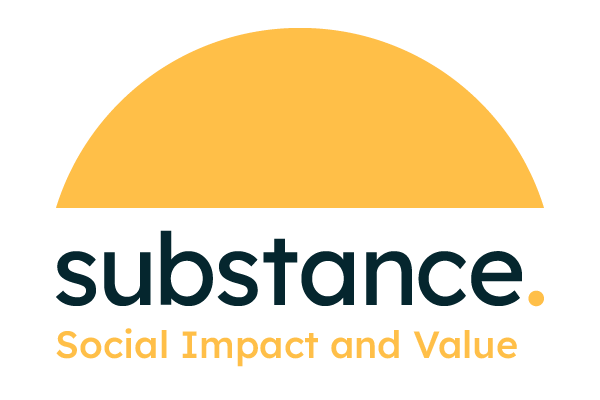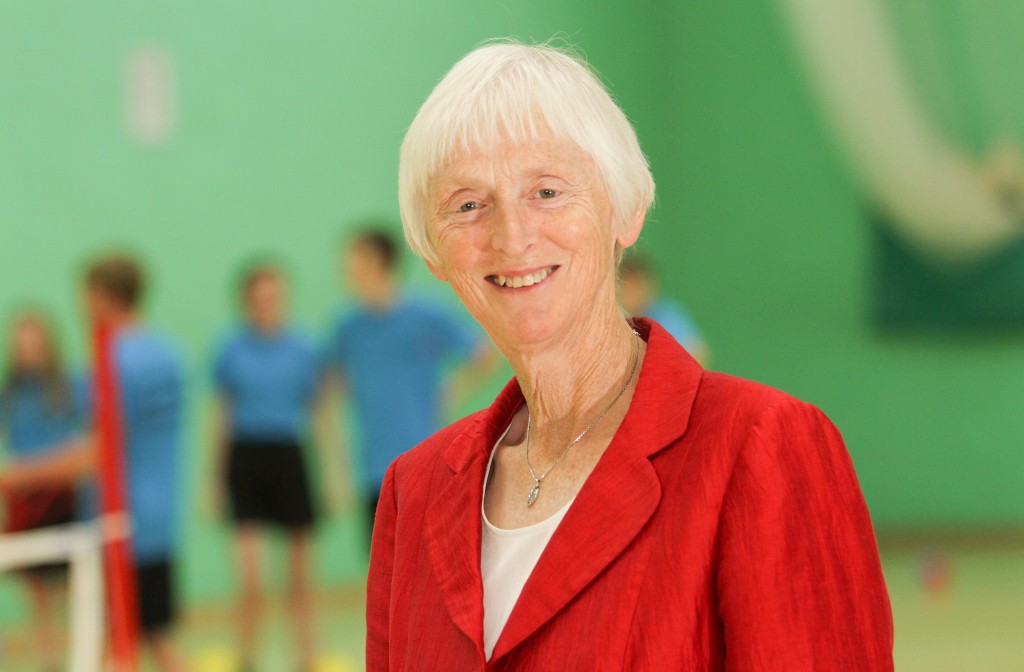
It is generally accepted that every young person deserves access to the best sporting start in life. The best facilities, the best teaching and an equal chance to explore the plethora of different sporting opportunities available are what we all want for today’s young people and then future generations. But what are we doing to ensure this actually happens?
Sport is about so much more than health and wellbeing. Sport builds self esteem, improves emotional as well as physical wellbeing, it nurtures vital character traits and boosts academic achievement across all areas of education.
Starting early is equally important. Support from parents, families and schools is critical to developing positive physical activity habits for life. With over 20 years of experience in this field, we at the Youth Sport Trust know that, as individuals, young people have very different motivations for taking part in sport and physical activity, and these change as they get older. We work to one mission and strategy, but with the philosophy that every young person is different. We therefore need to work with a multi-agency approach – as collaboration is key.
We are indebted to our partners, be it the voluntary, public and private organisations that all have a huge role to play in helping improve the lives of young people through sport. Just this month, at a Matalan Sporting Promise event in Bristol hosted by Parkour legend Sebastien Foucan and Olympic swimmer Tom Haffield, the impact was self evident. In just a morning, 30 young people were transformed having walked into assembly disengaged and disinterested, they left energised and working together, motivated by the prospect of doing something new, different and ‘cool’.
It is an injustice to single out one programme alone but this example really goes to demonstrate how young people are best placed to inspire and motivate others. Training them to be motivators, leaders, coaches and officials within their own peer group is critical if we are to change perceptions and form good habits for life.
Girls Active does exactly this, and its impact is multidimensional. By creating girl leaders who design and market PE and school sport to their contemporaries, this programme shows how the development, and development through, sport need to be seen as complimentary strands, not an either or!
This year we are training teachers from 90 schools across the country to roll out the Girls Active programme so that by 2018 we can get 100,000 more 11-14 year-old girls participating in regular PE and school sport. The impact is already being felt not just on the playing field but also in the classroom. During the programme’s 2014 pilot, the percentage of girls that felt positive about school rose from 24% to 78%.
The physical and emotional wellbeing of young people underpins their health and academic achievement. It is vital that schools and community groups work to improve the growing health challenges facing young people. We believe that by participating in regular school sport and physical activity, every young person will achieve their sporting best in life by developing their creativity, aspirations, resilience and empathy.
This is what we will continue to work hard to promote in the future. In the summer term we launched our Class of 2035 report, which told us that there is much to do if we are to prevent future generations who are disengaged, sedentary and largely unhappy. The Class of 2035 shows the challenges of the ever growing digital world and how sport and physical activity are required to ensure young people develop the personal and social skills required for employment. I am looking forward to presenting some ideas on what the Class of 2035 could and should look like at the Substance National Conference in November.
We are committed to giving young people the best possible start in life, to creating the right opportunities and utilising the power of sport to inspire and motivate future generations to be the best versions of themselves that they possibly can be.
Youth Sport Trust Chair Baroness Sue Campbell CBE

